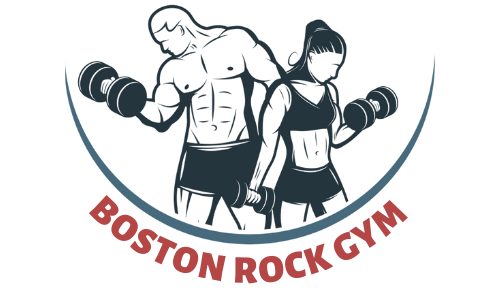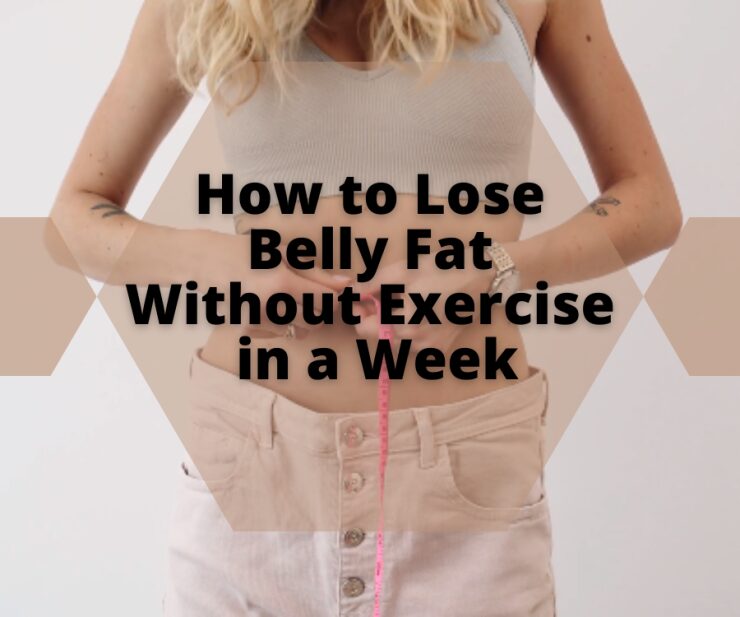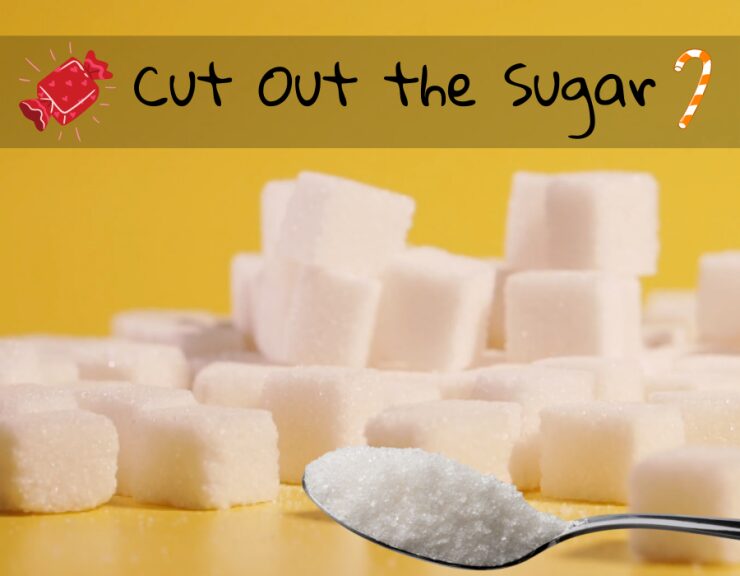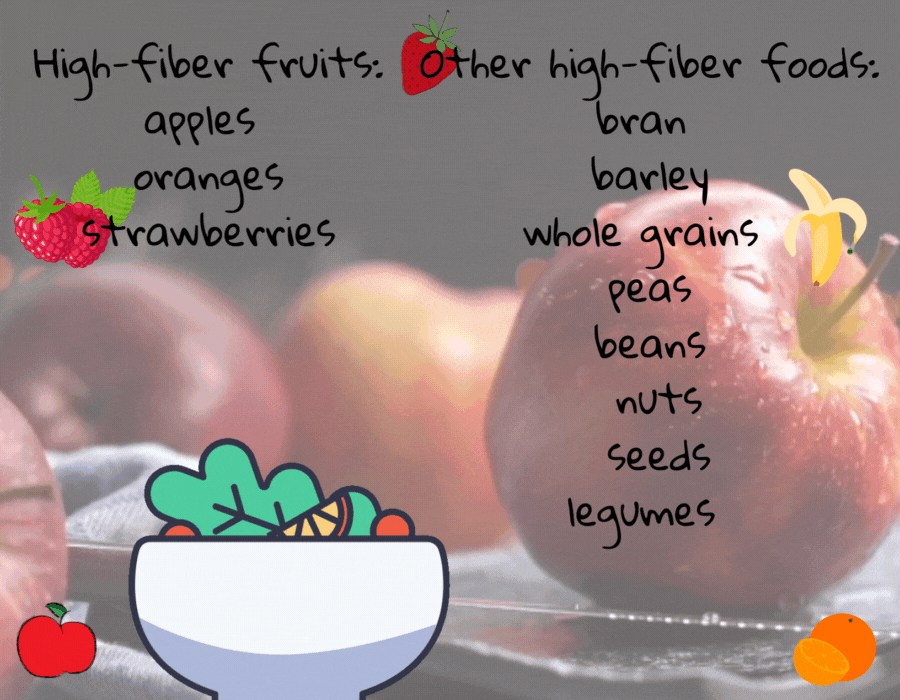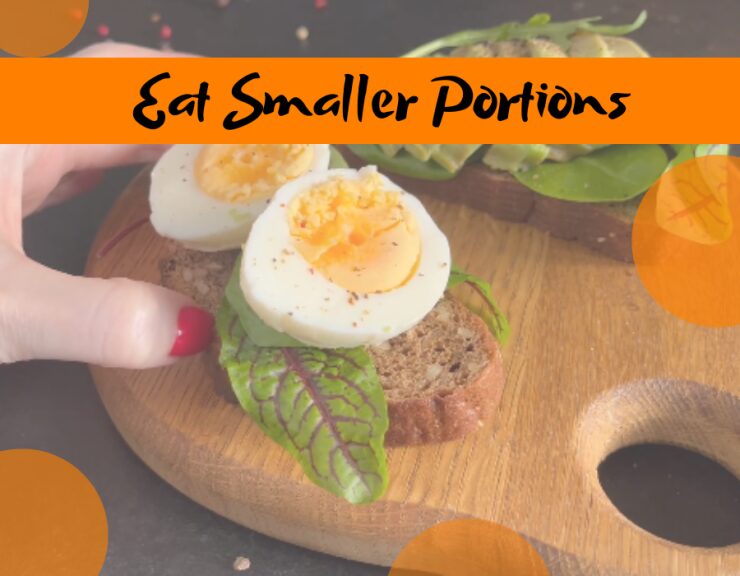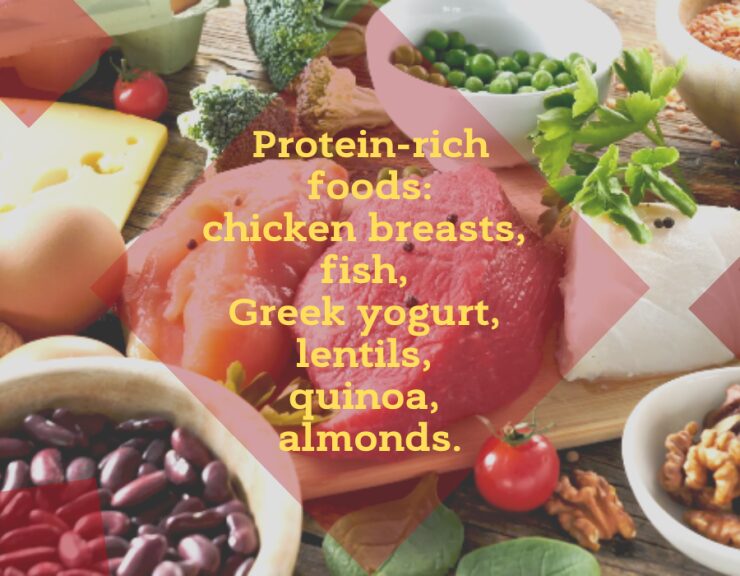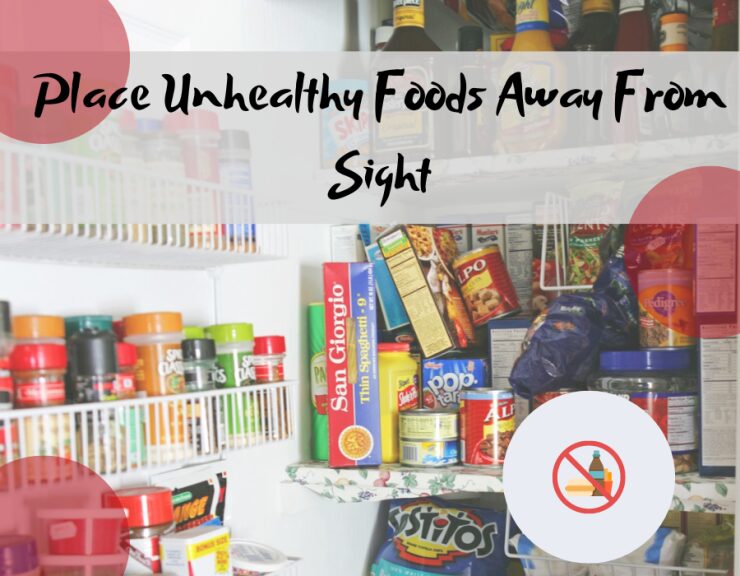Losing weight is often referred to as something that involves a lot of hard workouts, and losing belly fat is no different. However, we often look to find some less exhausting ways to do so, and luckily there are a few methods. Today, we will talk about how to lose belly fat without exercise in a week and give you some fine examples of how to do it.
We will list you some rather effective methods of losing belly fat without using chemicals or undergoing complicated surgeries. There are many safe and efficient ways to do so, and they involve lifestyle changes with balanced diets. None of these methods are difficult; they require willpower, determination, and discipline. We will walk you through each of these routines and explain their benefits. So without any delay, let us get into it.
Contents
1. Cut Out the Sugar
The first one is a rather obvious thing you need to do, and it involves something that you surely heard from your doctor, nutritionist, or any other expert that has the necessary know-how about nutrition. Every time you consume a packaged fruit juice, you will take in more calories than eating actual fresh fruit, which is something that you should always keep in mind.
Although countless manufacturers claim that their juices are made of real fruit juices, they still contain high amounts of sugar, flavor, and color, and you should definitely avoid them. Whenever you have a craving for something sweet and refreshing, it is much smarter to eat a piece of fruit, as it will satisfy you will have a healthy and nutritious snack while you are at it.
2. Chew Slowly and Thoroughly
Believe it or not, psychology and brain functions have a lot to do with balancing your diet. This is why chewing slowly and thoroughly is a habit you should work on developing. Often enough, when we are hungry, we just go at it and eat very fast and forget that it is much healthier to eat slowly.
This is due to the fact that your brain needs to register that you have had enough to eat. Chewing thoroughly makes you eat slower, and this is directly associated with decreased food intake, increased fullness, and smaller portion sizes. Take smaller bites and chew them slowly, and you will quickly notice that you get full very quickly.
Some recent expert studies found that fast eaters are much more prone to gaining weight than slow eaters and that they are much more likely to be obese. To get into this routine easier, it is smart to start counting how many times you chew each bite.
3. Get Enough Sleep
King’s College London researchers discovered a link between sleep deprivation and extra calory consumption six years ago. To be more precise, they found out that people who do not get sufficient sleep eat 385 kcal more than people who get enough of it on average. Sufficient and quality sleep is connected with countless vital functions, and it is something you should not take lightly.
All of this makes a lot of sense when you think about it more deeply. The primary purpose of quality sleep is to refresh your energy levels and revitalize you for the next day. If you do not get enough energy from sleep, your body will find other ways to look for the energy it requires, and one of the easiest is to eat more. Health experts recommend getting at least eight hours of sleep.
However, when you sleep also bears huge significance. Medicinal experts claim that the healthiest sleep is between 10 PM and 4 AM and that you get the most rest during these hours. Sadly, nowadays, people are often preoccupied and rarely go to sleep so early, but either way, striving to go to bed earlier is something that you should have in mind. If you cannot manage to go to sleep so early, at least try to secure recommended eight hours of it.
4. Drink Lots of Water
We are aware that you probably already know it and have heard it millions of times so far, but sufficient hydration is one of the keys to a healthy lifestyle and habits. The main rule is that you should consume more than just enough to quench your thirst and stay hydrated.
Start your day with a glass of warm water that will cleanse your digestive system and improve your metabolism slowly. It is a habit you should start developing, as a glass of warm water in the morning will do wonders for you.
Drinking water on a regular basis prevents the consumption of extra calories and cleanses your organism. Moreover, with regular water consumption, we feel much fuller and do not have the need to eat so much. The best way to develop this habit is to fill your water bottle every morning and carry it with you wherever you go.
Drink lots of water, whether it is warm or cold, and it will start melting fat, especially visceral fat. Once you start doing this and begin the day with water as a ritual, you will slowly but surely start seeing a significant difference in how you feel and how you look.
5. Consume More Fiber
Eating more vegetables is certainly something you should start implementing as veggies are rich with lots of healthy nutrients you need to keep your energy levels high. When choosing the vegetables you will eat, look for high-fiber ones, and also eat plenty of high-fiber fruits.
High-fiber veggies like summer ones and high-fiber fruits such as apples, oranges, and strawberries will make you full very fast, and therefore, you will eat less. Natural fiber also does wonders for your metabolism as it helps you push excess waste out of your digestive system that would otherwise add to excess body weight, especially in the belly area.
Aside from high-fiber fruits and vegetables, you should also look to implement bran, barley, whole grains, peas, beans, nuts, seeds, and legumes in your nutrition, as these are also high-fiber foods that have a similar effect on your organism.
6. Eat Smaller Portions
Away from the eyes, away from the heart, right? In this case, it is away from your belly and is a nice little piece of advice you should follow when serving portions for your meals. Portions have grown larger over the last several decades, especially when eating in restaurants.
Larger portions usually encourage you to eat more and are directly linked to increased weight and sometimes obesity. Serving yourself just a little less and following the advice to chew thoroughly and slowly will make a huge difference in how much you need to eat to feel full.
The best thing about this method is that you likely will not even notice the difference. However, once you develop the habit of serving less on a plate, you will start noticing the differences in how you feel and how faster you start feeling full.
7. Consume More Protein
Protein is a powerhouse of nutrients and has a very nice effect on your appetite while increasing the feeling of fullness and reducing hunger with fewer calories. Studies have shown that increasing protein from 15% to 30% of calories in your diet will help you eat fewer calories and lose body weight and all of that without restricting any meals or foods.
For example, if you are accustomed to grain-based breakfasts, you should consider switching to a protein-rich meal such as eggs. Eating a quality, protein-rich breakfast will keep you full, and as a result, you will also eat fewer calories, so it is a win-win situation.
Some of the finest protein-rich foods that you can get your hands on easily include chicken breasts, fish, Greek yogurt, lentils, quinoa, and almonds. All of them are nutrient-rich and will provide you with healthier calories that will keep your energy levels high and your belly full.
8. Place Unhealthy Foods Away From Sight
Last but not least, storing unhealthy foods away from your grasp and sight is another way to control yourself and avoid the temptation of consuming unhealthy junk food. Store such food in closets or cupboards, so there is less chance for it to catch your eye when you feel hungry.
While you are at it, keep healthy foods such as vegetables and fruits visible in a bowl on your kitchen table, countertops, or in the living room. It is also wise to put some of them in the front or center of your fridge so that they are the first thing you can see and grab when you get munchies.
Final Words
Losing belly fat does not have to be a troublesome and difficult endeavor. All you need to do is switch to and develop some healthier habits. Most of the methods we have listed do not have anything to do with conventional diet and workouts, just some willpower and discipline.
On the other hand, implementing all of these methods at once may not be a great idea. Try experimenting with one or two at a time until you start taking advantage of each one, and over time, you will start feeling much better, sleep better, and get rid of that pesky fat in your belly region.
References:
https://www.webmd.com/cholesterol-management/features/fiber-groceries
https://food.ndtv.com/food-drinks/8-effective-ways-to-lose-tummy-without-exercise-1686283

Steve is a certified trainer with more than 10 years of training experience and he holds a Master’s in Sports Science. Prior to Boston Rock Gym, Steve worked for two years as a personal trainer.
